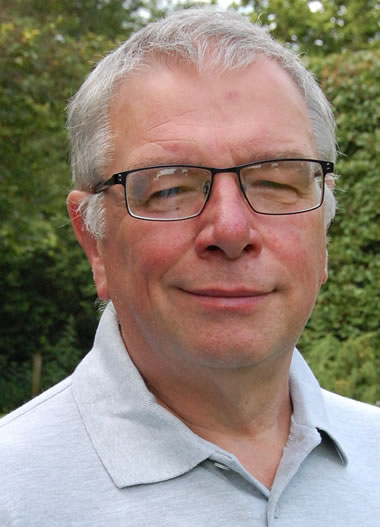Realistic goal setting Part 1 – By Iain Wilson
24th August 2020Did you know, that most people spend more time planning their annual holidays than they do their working lives or their archery careers?
“I have a dream…” – Martin Luther King
How many people have we heard who, when they shoot a good end on a beginners’ course, think that it will be a piece of cake for them to get to a high level in the sport?
Many people have no real idea about what it takes to excel in any sport, and how much effort has to go into it, to become the best, or how many sacrifices have to be made, or who they need to help them. Even though archery is an “individual” sport, there is an amazing amount of teamwork behind the scenes to get one person onto the top step of the podium.

Not only that, but what happens when you achieve your dream? Sporting history is littered with examples of what has gone wrong with high achievers, but to be fair, there are also many examples of people who have achieved their dreams and continued to excel in their chosen sport as a coach, or in other areas.
“I want to be Olympic Champion…”
So, here we have it, the dream. As statements go, it is confident and bold. It says, “I want to be the best”, but there is no indication of how you are going to go about it, or how you are going to do it, or even when you want to achieve this high honour. The planning process is not just for Olympic athletes – it can be used at all levels to help you get where you want to go.
“I have a cunning plan” – Baldrick
Now we are getting somewhere…
To make a dream become a plan, you have to start asking yourself questions. Some of these questions can only be answered by the person working towards the goal.
What is my goal?
The operative word in this question is “my”. “My goal” is what I want to achieve. Not what my parents, Coach or school want me to achieve, but what I want to achieve. If you do not formulate your own goal, there is a high likelihood you will not achieve it.
What is it I have to do?
Obviously in archery, it is to shoot many arrows well and to get on to the Performance Pathway, be chosen to shoot at the Olympics. Goals can be as simple as “I want to achieve Bowman score for this outdoor season”
What are the steps I have to take to do it?
When do I want to do it?
Timescales are important. In the case of the Olympics, they are on a four year cycle, and preparation may even start 5-6 years before.
How am I going to do it?
Who can help me do it?
Many people can help you. Coaches, teachers, parents, partners, work colleagues, sponsors are just some of them.
What will I do when I achieve my goal?
What will I do if I cannot achieve my goal?
Plans are volatile things. You have an idea of how you want to do something, but at some point there may have to be an adjustment in the plan, because something has changed.“The battle plan never survives first contact with the enemy” – Duke of Wellington




 I started archery in 1971, in Aberdeen. Experience is not limited to Scotland, as I have shot with clubs in England (6 years in SCAS), France (1 year) and Germany (6 months).
I started archery in 1971, in Aberdeen. Experience is not limited to Scotland, as I have shot with clubs in England (6 years in SCAS), France (1 year) and Germany (6 months).

